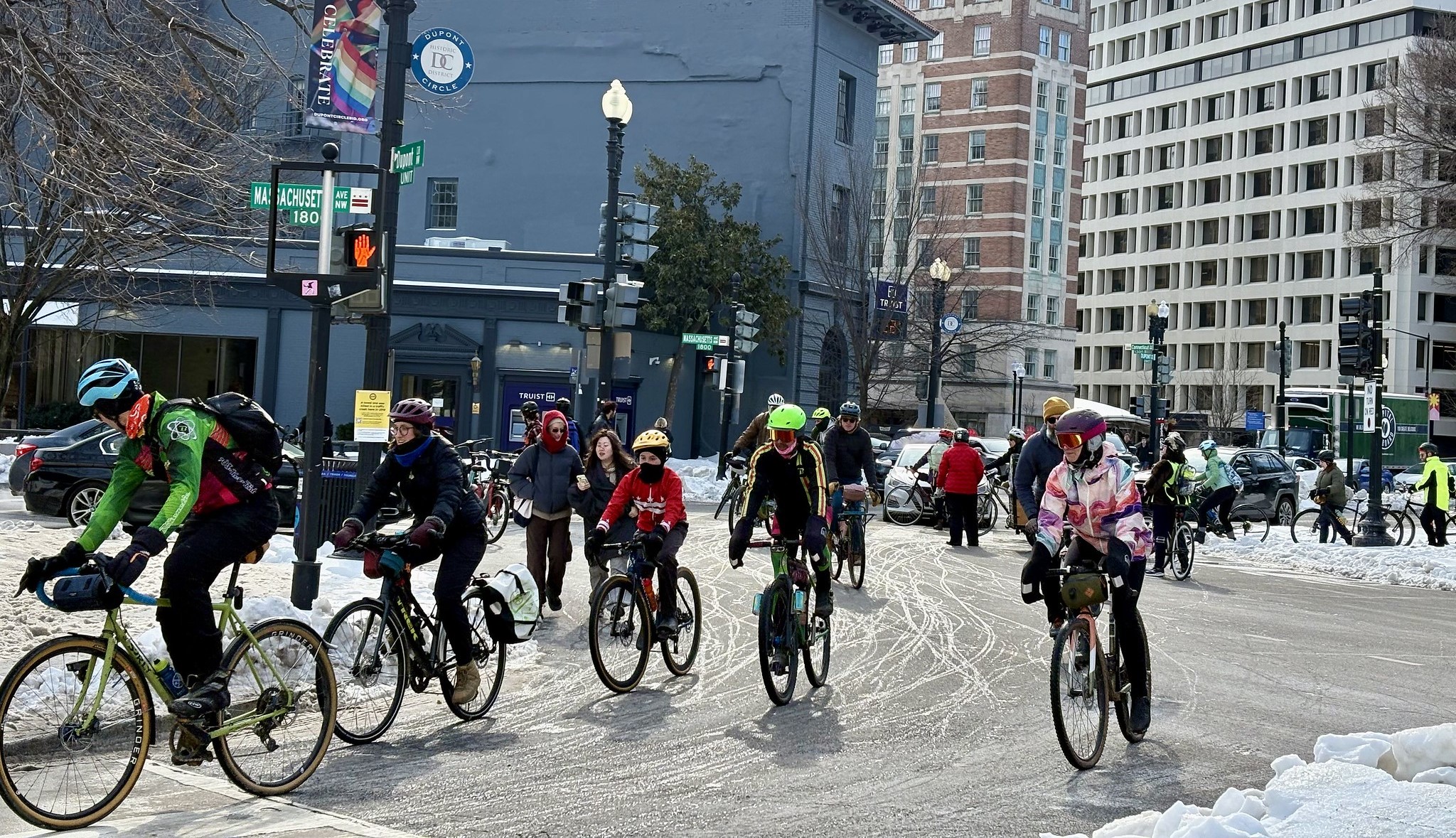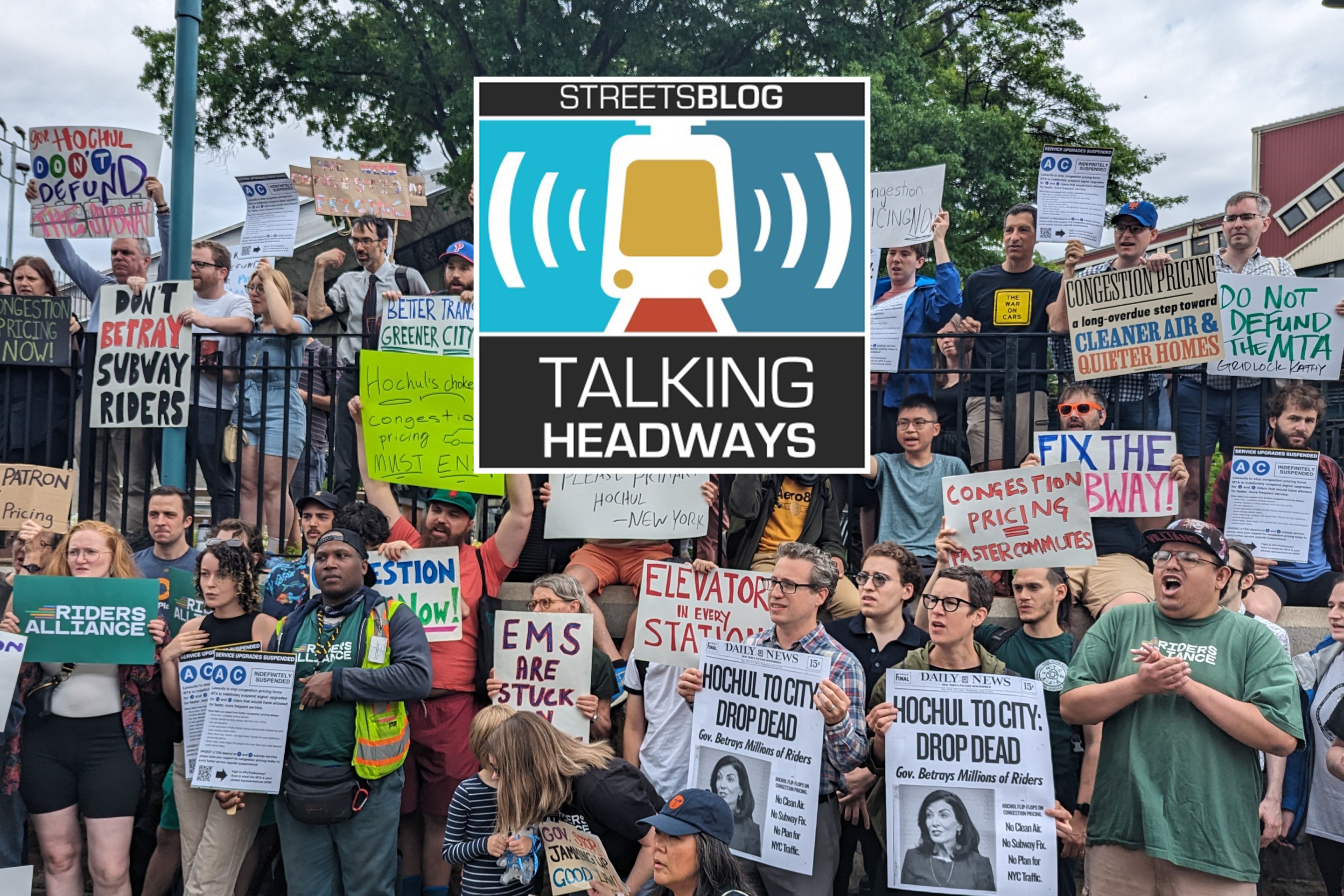Right now, legislators in Washington state are facing the possibility of gridlock over proposals for new transportation revenue and spending, in which case they could put the transportation package on the ballot.
The key question legislators should consider, says Adam Bejan Parast Seattle Transit Blog, is whether their proposal would win over pro-transit voters. And the current highway-heavy spending plan might not pass if it comes up for a referendum:
History has shown that when transit supporters are not happy with a transportation package, an odd coalition of environmentalists and fiscal conservatives (i.e. Tim Eyman) emerges to soundly reject it. This is as true now as it has ever been.
The 2007 Roads and Transit package and 2008 Sound Transit 2 measures clearly illustrate this trend. Full of controversial projects (such as the Cross Base Highway) and with strong institutional and financial backing, Roads and Transit was nevertheless rejected by 56% of the voters in King, Snohomish and Pierce counties. In contrast, Sound Transit 2 passed just a year later with 57% approval despite a shoestring campaign budget and the looming economic crisis (see map above).
As currently proposed, the House transportation package looks to repeat the history of R-51 and Road and Transit, with transit supporters opposed to the package despite the dire funding needs of transit agencies. What transit supporters want is important, but what they don’t want is equally important, and their ‘yes’ vote cannot be assured simply by including their needs in an otherwise unacceptable package.
What do you think: Would your state's transportation plans survive a bout with direct democracy?
Elsewhere on the Network today: New Jersey Future explains a new bill that would allow Garden State communities to strategically "cluster" development. And The League of American Bicyclists offers an overview of safe passing laws in place around the United States.






